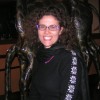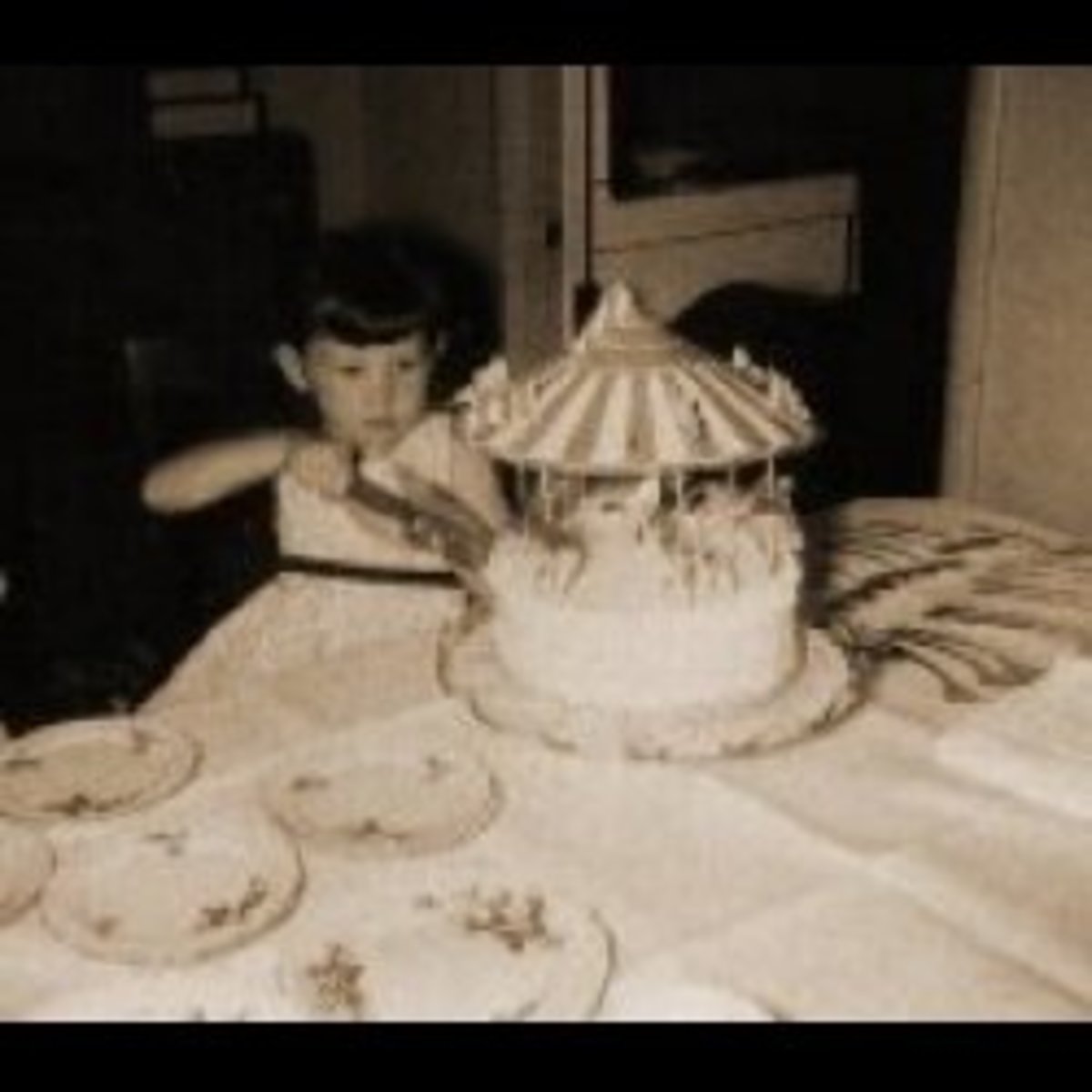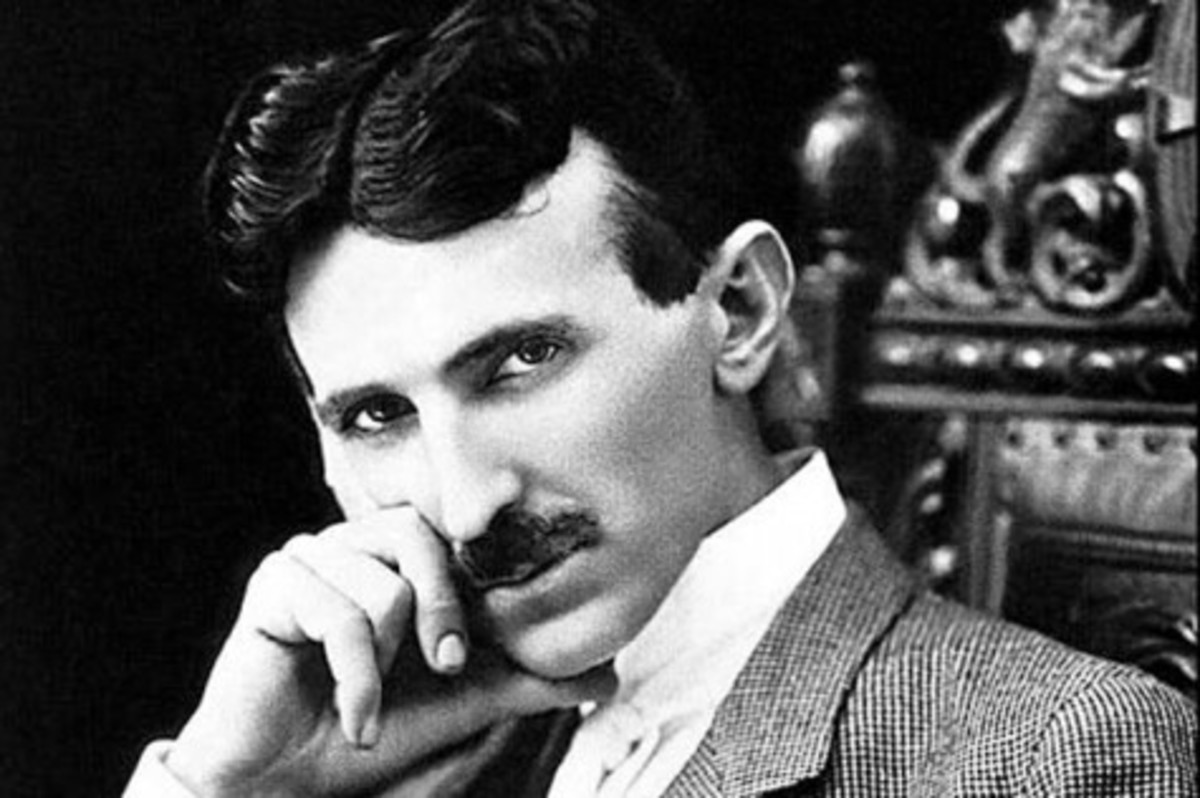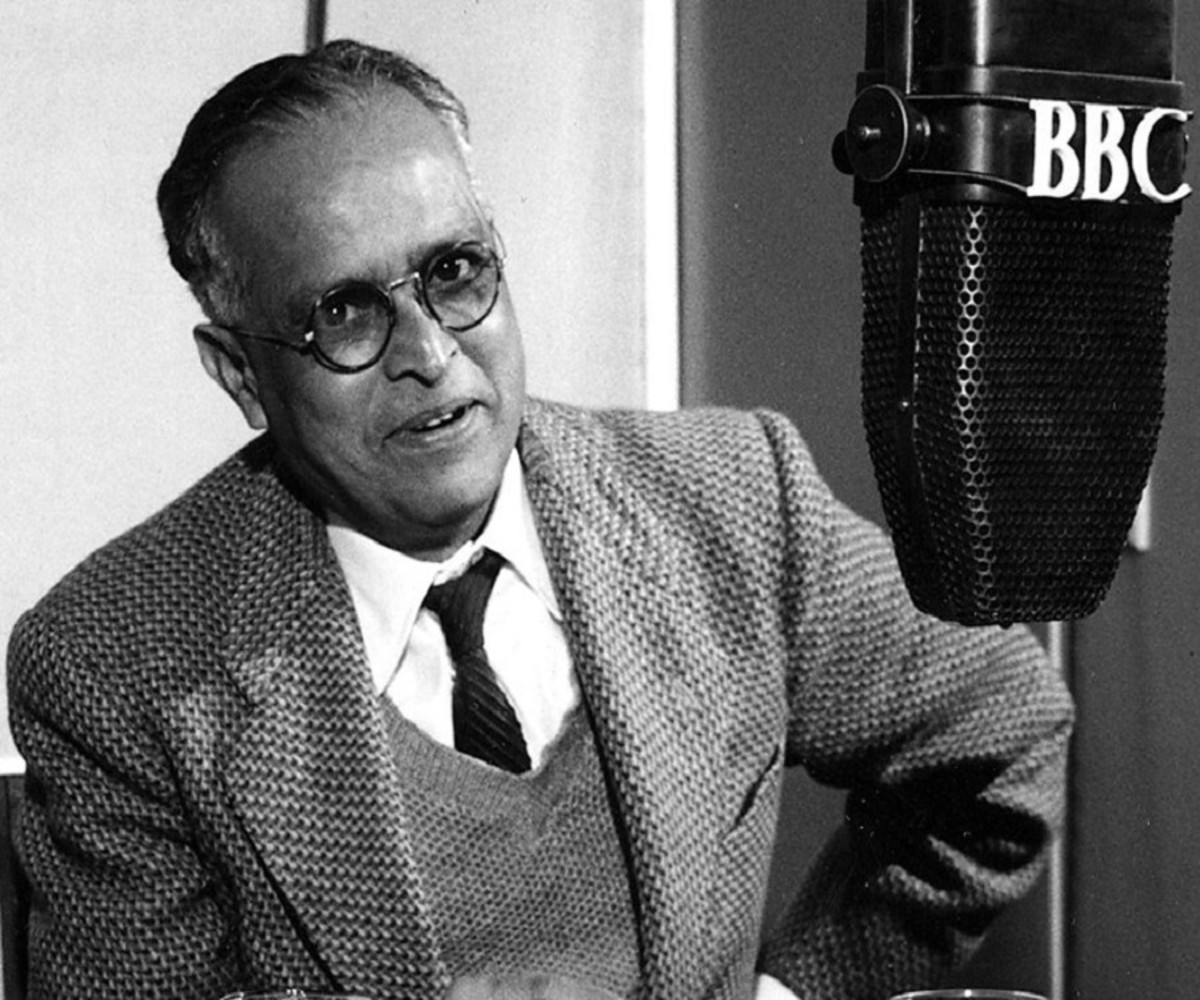- HubPages»
- Books, Literature, and Writing»
- Books & Novels»
- Nonfiction
In The Hall Of The Mountain King
This is another piece of memoir writing. My parents separated when I was less than two weeks old, and I didn't reconnect with my father until I was in my late 30s. My memoir writing has revolved mostly around that: getting to know my father, and looking at my life with new eyes from the experience of getting to know him. Maybe someday I can get the memoir pieces into some order, but for now, it's coming in bits and pieces.
Here's one piece:
To start communicating with my father we set up an email account for me, separate from my regular email. That way messages from him wouldn’t come along with updates from my book club and eBay reminders to bid again on that Laura Ashley dress. I wanted a written record. I had the sense, and as we wrote back and forth I discovered things were even worse than I thought, that communication between us had been rife with misunderstandings. Better to have things in a format I could reread, maybe pick up on more if I looked at an entry later with a cooler head.
It started out the way one might expect. He devolved into fits of guilt and regret. I asked if we could forget all that and just be friends? So there followed a few “get to know you” emails. He wrote that he read quite a bit, mostly nonfiction, history, science, anthropology, ect. “I have an abiding curiosity about people and the world.” That is the sort of generalized statement you might find on say, a dating website. It’s also a statement that describes me.
Maybe I was fishing with my reply. If so I hooked something bigger than expected. I wrote about my own interests, but threw caution to the winds and got specific. Evolution interested me I wrote, also comparative anatomy and primate behavior. Bonobos, I wrote, I found particularly interesting. Now, this wouldn’t be the sort of thing I would usually say to someone I just met. Very few people know what a bonobo is, or are likely to care.
But bonobos are very important, the way I see it. Bonobos are primates, and they look very similar to chimpanzees, so similar that they were believed to be just another population of chimpanzees, until someone investigated their DNA. This research yielded the result that bonobos are different enough to be considered a separate species. The picture gets very interesting when you look at behavior, because here chimpanzees and bonobos diverge sharply. Like all primates, both live in complex social groups, but chimpanzee groups exhibit quite a bit of violence, whereas bonobos are peaceful towards each other. This raises the question: where does violence come from? Is the behavior inherent in DNA? Or is the different social behavior of bonobos somehow the result of choice? Since chimpanzees and bonobos are the primates most closely related to humans, questions about their social behavior are relevant to us.
I didn’t say all this in the email, I just tossed out, “I find bonobos interesting.” My father responded that he also found bonobos interesting, especially their ability to resolve conflict. He went on to say that he had followed with interest Jane Goodall’s articles in National Geographic, when she first began her research among wild chimpanzees.
Whatever I was expecting, that was not it. He had just informed me, with brevity, that he knew plenty about the rather specialized topic I mentioned. He was in fact ahead of me. He had read Jane Goodall since her early field work, when I was a child.
Maybe I didn’t have a lot to lose here, and maybe I was trying to annoy him. When it came to family, I had long ago learned to edit myself. I read a lot, and was the sort of kid who thought factoids were terribly interesting. I thought so – why wouldn’t others? I had angered more than one family member by doing things like explaining the plot of The Fountainhead (maybe they thought I was casting myself in the place of the brilliant architect rejected and suppressed by mediocre peers?), or using a word they didn’t know (Why can’t you speak English?!). In my younger years I made those mistakes, but I learned. When I spent time with family as an adult I spoke carefully, and stuck to topics they already knew about. My mind made logic jumps and ran off down rabbit trails, but I had learned giving voice to any of this was likely to earn me dirty looks. But with my father – why not give myself free rein? If he had spent years searching for his daughter in order to get offended by the real me, that was his tough luck.
But my father had a habit of taking off down rabbit trails himself. In one of his first emails he wrote, “I’m dithering,” then digressed into a description of the function of a dither valve in an engine. The image tied nicely into his emotional state and his communication pattern. Explaining yourself in metaphors: I had unlearned that tendency.
Another time he took a sharp left turn into history, asking if I knew Ireland had been mostly a forested island until the 16th century. I didn’t know that: when I read early Irish history I pictured it taking place in the green rolling hills of current photo books. I hadn’t taken thought to the ecology of the place changing dramatically, though it made sense: the deforestation of the rest of Europe was going on at the same time. I busily redrew some of my internal map. It was the sort of thing I liked to know.
He struck a home shot with a piece of creative writing. He wrote it years ago for a class, a short descriptive essay about a night he went swimming in the ocean with a woman. The water was full of phosphorescent algae, aglow with its own internal light, and it poured down her like stars whenever she stood up. The subject didn’t matter - it was the way he used words. If I had been there, I would have described the scene the exact same way.
After reading this essay, I lay down on my bed and didn’t get up for the rest of the day. I couldn’t deny it anymore: I inherited the very way my mind worked from him. He didn’t raise me, but when he wrote a sentence it looked like something I might have written. After years of joking about being a changeling, I found myself in the Mountain King’s hall.
I thought I had made peace with being an eccentric. I thought I had finally decided that being different was O.K. But what if I’m not “different”: what if I am true to my own nature? What happens when you are your father’s child, and then you never meet your father? The mountain might be my true home, and the sense of not fitting in I carried from the time I was very small not a personal flaw, but my internal compass saying, “This is not where you live.”
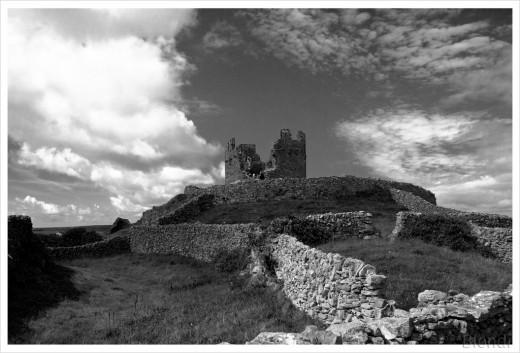
More Memoir
- My Mother's Boyfriend
This is another piece of the memoir, from childhood. I think i just need to generate material, then go back & look over what I have, and get a better idea of how it all fits together. My Mothers... - My Father's Funeral and the Plot to Kidnap Me
I've done some memoir writing in the past few months. If these pieces of my story ever become a book, I think the below would be the first chapter. I met my father when I was 38, after growing up and...
